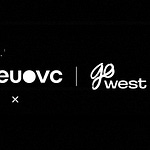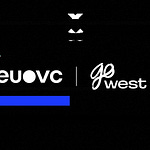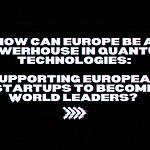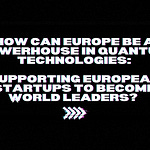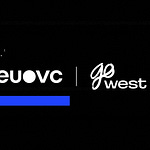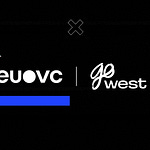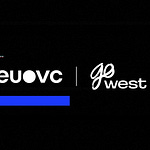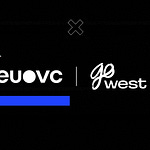At the EUVC Summit 2025, Mehmet Atici from Bek Ventures aimed a popular narrative—that Europe is underperforming as a tech region. Not because it’s untrue, but because it’s incomplete.
“Yes, there’s catching up to do. But you can’t argue there’s no dynamism in Europe—it’s just not evenly distributed.”
And once you look closer, the picture changes fast.
Not Just Paris, London, Berlin
Much of the “Europe must act” discourse comes from the continent’s largest economies—France, Germany, and the UK. But productivity data tells a different story:
Poland and Bulgaria are growing steadily.
Ecosystems in Tallinn, Lisbon, and Barcelona are booming—fueled in part by digital nomad visas.
Eastern European founders are making waves well beyond their borders—with names behind global giants like Databricks and Snowflake.
“Building a business isn’t a lifestyle choice for them. It’s a global ambition from day one.”
These founders bring international exposure, capital efficiency, and hunger—without the insular networks that often define more mature markets.
Europe’s Problem Isn’t Just Policy
Sure, improving regulation—around stock options, company formation, or funding incentives—helps. But as Mehmet put it:
“That’s medicine without a proper diagnosis.”
The bigger issue isn’t operational—it’s strategic positioning.
The U.S. remains the most attractive market: a single language, deeper capital markets, and cultural cohesion.
Europe’s software market is just 23% of global share, compared to 43% in North America.
So even if we fix the mechanics, the gravitational pull of the U.S. won’t go away. And in some cases, a European identity may actually slow access to that market—not speed it up.
From Fragmentation to Superpower
What if fragmentation wasn’t our weakness—but our untapped advantage?
“The most thriving tech ecosystems are the most politically cohesive—because they serve founders, not flags.”
Europe doesn’t need to copy the U.S. to succeed. It needs to recognize excellence wherever it emerges, connect the dots, and support founders wherever they’re starting from.
In Mehmet’s words:
“Our opportunity is to transcend borders—not erase them.”
The Original European Model Still Applies
“Let’s not forget: the original EU model was ‘United in Diversity.’”
It wasn’t a flaw. It was a feature.
Europe’s next wave of global founders may not come from the centers you expect—but they’re already building. Our job is to back them, bridge them, and help them win on a global stage.
Let’s get to it.


